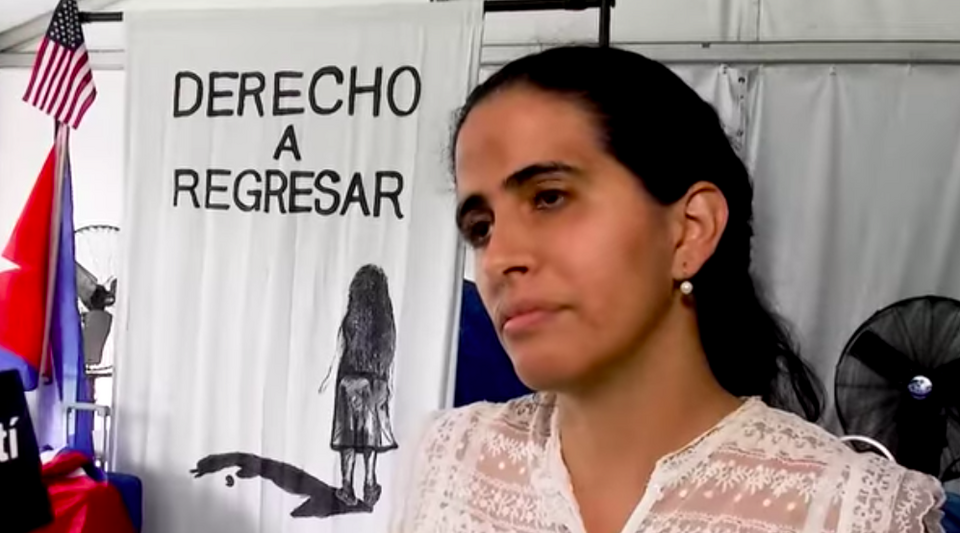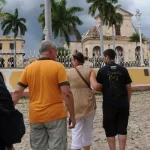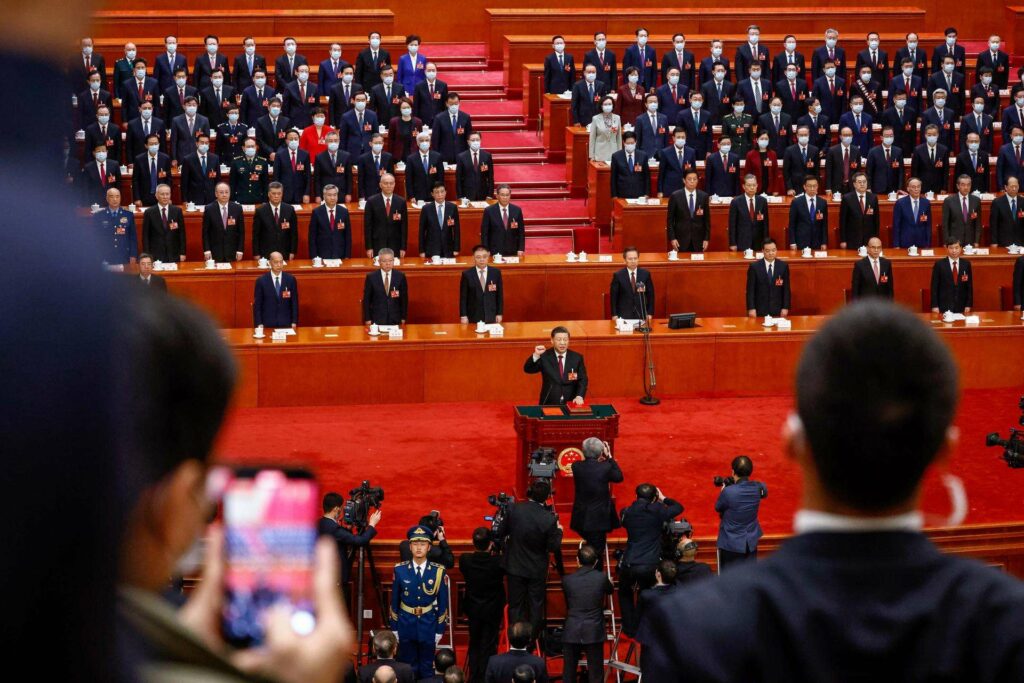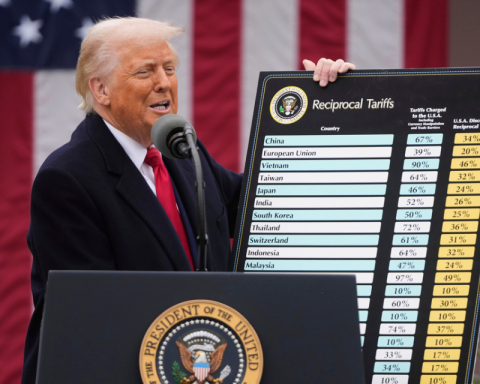(EFE).- Several Cuban activists denounced this Thursday before the Inter-American Commission on Human Rights (IACHR) the violations of the right to movement of people on the Island, as well as the prohibition of return to numerous citizens.
The denunciations of these “forced expatriations” were made on the fourth day of public hearings of the 186th session of the IACHR, which is taking place this year in Los Angeles (California, USA).
The testimonies presented agreed that the right to movement of people has been one of the most violated in recent years by the Island’s authorities and has been used to repress the people who participated in massive protests such as the one on 11 September. July 2021.
The activists highlighted that, despite the fact that this right is enshrined in the Cuban Constitution of 2019, several decrees on national security have been used to limit the free movement of people, including the prohibition of leaving or entering the country of Cubans who represent “a danger”, despite the fact that there is no legal accusation against these individuals.
“It is a control tool to prevent the work of defending human rights on the ground,” said Cuban lawyer Laritza Diversent, director and legal adviser of Cubalex, about the decrees, which also deny the issuance of passports, among others.
Proof of the scope of these violations was the physical absence, during the hearing, of Juan Antonio Madrazo, coordinator of the Committee of Citizens for the Racial Integration of Cuba
Proof of the scope of these violations was the physical absence, during the hearing, of Juan Antonio Madrazo, coordinator of the Committee of Citizens for the Racial Integration of Cuba (CIR), who was not allowed to leave the country to participate in the meeting. .
“There is a permanent threat that the situation could worsen if we do not abide by the police provisions, which would result in criminal proceedings,” Madrazo warned through a video. He also assured that these movement bans are affecting the mental and physical health of the activists.
The participants denounced practices by the Cuban government to force the exile and exile of opponents and defenders of human rights, such as the case of the activist Anamely Ramos, who was not allowed to return to Cuba in February of last year, after a visit three months in the US
In his testimony before the IACHR, Ramos said that he is in the US “against his will” and there is no reason beyond his activism for not allowing him to return to his country.
In this sense, Soledad García, a member of the NGO Justicia 11J, referred to the expulsion of 222 former Nicaraguan political prisoners who were taken from their country by the Daniel Ortega regime a month ago, and stressed that although this practice has been used by the Cuban government for decades, in the “last few years it has become visible”.
“The protocol that exists between the airlines and Cuba is not public, so we cannot rule out that it conditions flights to Cuba to a political filter commissioned by the Cuban State, this must be reviewed”
Ramos, who also presented the case of the writer Carlos Manuel Álvarez and the professor Omara Ruiz Urquiola – who has tried to return to Cuba four times – also drew attention to the US airlines, which have executed these return bans.
“The protocol that exists between the airlines and Cuba is not public, so we cannot rule out that it conditions flights to Cuba to a political filter commissioned by the Cuban State, this must be reviewed,” Ramos urged.
The commissioners of the IACHR, an autonomous body of the Organization of American States (OAS) and based in Washington, highlighted the importance of the testimonies delivered at the hearing because it helps them continue with the work they have done in defense of human rights. in Cuba.
They regretted the absence of the representatives of the Cuban State in the hearing. However, they assured that they will continue demanding responses to the complaints and processing the precautionary measures.
Commissioner Edgar Stuardo Ralón Orellana called for the creation of an international protocol to help people forcibly expelled from their countries.
The IACHR culminates this Friday a round of 17 public hearings, covering human rights that affect migrants, the LGBTI community, women, indigenous peoples, human rights defenders, and journalists in OAS member countries and the Americas as a whole.
________________________
Collaborate with our work:
The team of 14ymedio He is committed to doing serious journalism that reflects the reality of deep Cuba. Thank you for accompanying us on this long road. We invite you to continue supporting us, but this time becoming a member of our newspaper. Together we can continue transforming journalism in Cuba.


















